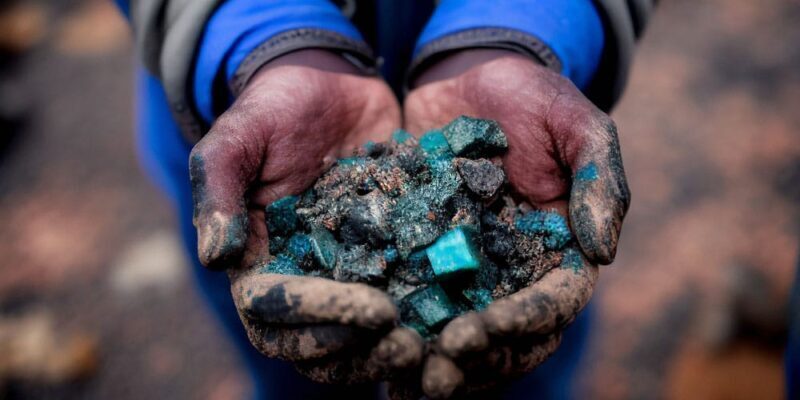
On March 24, 2025, U.S. Congressman Christopher Henry Smith introduced a bill in the House of Representatives aimed at blocking cobalt refined in China from entering the U.S. market.
Smith argues that cobalt processed in China is linked to child and forced labor in the Democratic Republic of Congo (DRC). As of March 30, 2025, the bill, titled H.R. 2310, was not yet available online.
This proposal follows a similar one introduced by Smith in December 2023, which failed to progress before the November 2024 elections.
The earlier bill, known as H.R. 6909 or the “Cobalt Restriction Act,” sought to sever U.S. ties with supply chains associated with cobalt mined under exploitative conditions in the DRC and refined in China.
The bill aimed to ban products containing cobalt refined in China unless it could be proven that the cobalt did not originate from the DRC.
The U.S. has previously flagged Congolese cobalt for labor issues. In September 2024, the U.S. Department of Labor added Congolese cobalt to its list of products made with child labor.
However, this latest bill arrives amid escalating tensions between the U.S. and China, with China controlling over 80% of the global supply of refined cobalt.
The proposal raises critical questions about its true intentions: is it genuinely focused on combating child labor, or is it more about reducing China’s control over Congolese cobalt? In addition to refining, China also controls several cobalt mines in the DRC.
Since 2023, the Chinese company CMOC has become the world’s leading cobalt producer, thanks to its Tenke Fungurume and Kisanfu mines in the DRC.
While independent reports confirm the use of child labor in artisanal mining, which accounts for 15-30% of the DRC’s cobalt production, most of the country’s cobalt is produced by industrial operators.





